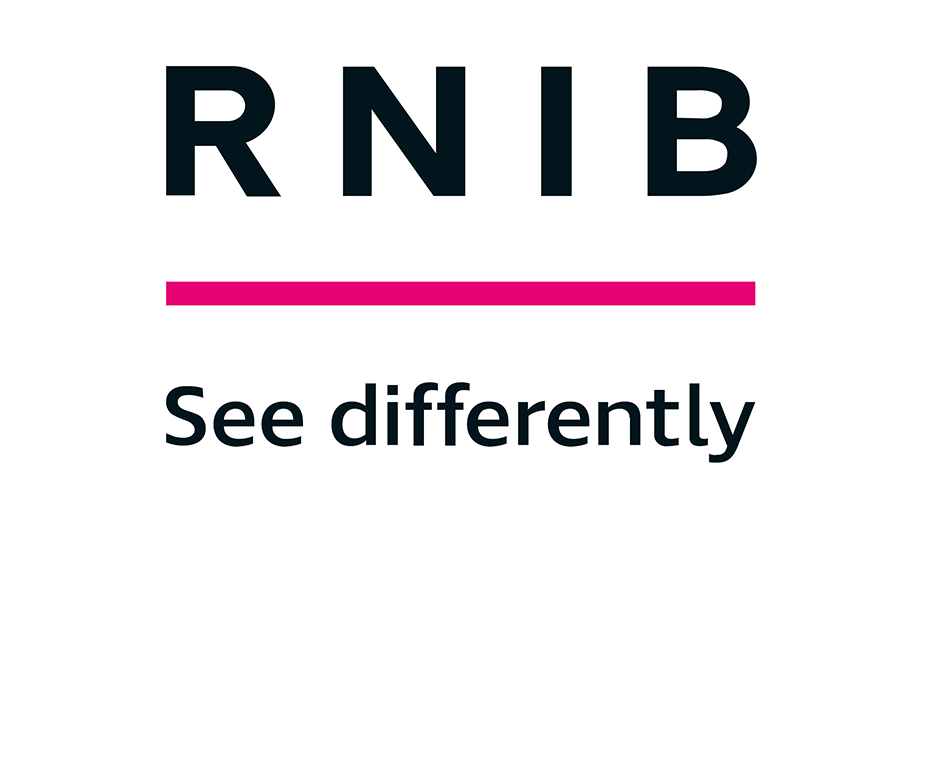
If there’s one interview premise that research, both statistical and anecdotal, consistently disproves it’s that past performance is a reliable predictor of future potential. Yet so much of our selection process is focused on establishing the past – jobs and experience on a CV, qualifications and previous projects – that most assessments will ultimately be made on what someone has done, in the hope that they can replicate it and evolve in a new company.
There are a plethora of reasons why this doesn’t happen. Culture, vision and values, organisational structure and leadership are all factors that impact on an individual’s performance at work and are rarely the same from business to business. The combination that brings out the best in them at one workplace may not be replicated elsewhere. For that you need a closer look at their strengths, motivators, capabilities and energy levels, to ensure that those saying they can do your job are the ones who really can and really want to.
Similarly when selecting a shortlist from a large influx of CVs we are too focused on seeing keywords and ticking boxes of perceived necessary previous experiences without looking behind the words and trying to find out more about the person. Graduates frequently cut and paste the same answers on to different online application forms, whilst more experienced job seekers will often word their experiences to match those required from the job description, so our traditional ways of screening may be missing the best matches.
And we mustn’t forget selection bias which too often informs the decision on who to take forward, and who to offer. Arbitrary barriers, such as the level of degree gained, sectors previously worked in or years of experience can all lead us to discount potential and make a decision based on preconceived ideas over what the ideal candidate should be like.
For these reasons many companies are moving away from traditional competency based interviews and using strengths based interviewing. This enables them to find out more about a candidate’s interests, someone who can do the job but will also enjoy the organisation and the role, helping with performance and retention. It’s a win-win situation as it helps candidates find the positions they are best suited to.
Some of the main reasons that companies will adopt this approach are:
And the key benefits they derive from taking this approach:
These four benefits (and results) came from Capp, a major strengths based assessment provider, whose Chief Customer Officer Nicky Garcea will be speaking at January’s InHouse Recruitment Expo. Nicky will be presenting on all aspects of strengths based recruiting approach and will include a case study covering Microsoft, Morrisons and Boehringer Ingelheim, as well as a guide on building the business case for strengths.



